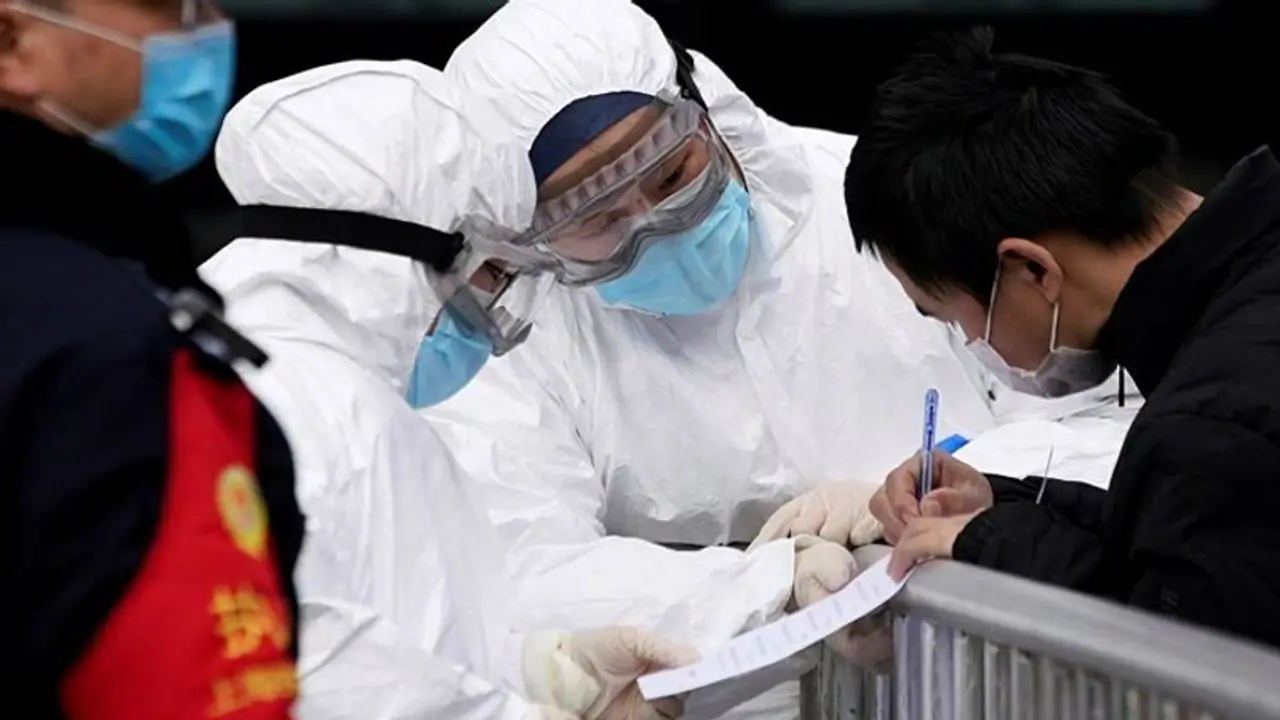A vast majority of the new cases are among work permit holders residing in foreign worker dormitories, the ministry of health (MOH) said in a statement.
Singapore Prime Minister Lee Hsien Loong on Tuesday urged his citizens to "persevere" with the strict restrictions and help one another, as the city-state reported 1,111 new COVID-19 cases, a majority them foreign workers living in dormitories, taking the total infections in the country to 9,125.

A vast majority of the new cases are work permit holders residing in foreign worker dormitories, the Ministry of Health (MOH) said in a statement.
"This is an uncertain and worrying time for many of us, especially with the large number of cases in the migrant worker dorms. Our teams have been working hard to contain the spread of COVID-19 in the dorms, and look after the well-being of our migrant workers," Prime Minister Lee said.
"I urge everyone to persevere with the circuit breaker measure and continue to help one another through this outbreak. We are now two weeks into our circuit breaker. I will be giving an update on where we are now and what we need to do next at 5 pm today on TV and radio," he said in a Facebook post.
The health ministry said it was still working through the details of the cases, and will share the updates soon.
A total of 19 foreign worker dormitories have been selected as isolation areas, following a recent spike in the number of COVID-19 cases among foreign workers in Singapore.
The ministry on Monday said that it was "picking up many more cases" because of the extensive testing.
"These are not new infections as the workers are staying in their rooms and many have not reported sick. But when the teams go in to test them, many turn out to be positive," it said.
Most of them have a mild illness and are being monitored in community isolation facilities or general wards. No one is in the intensive care unit, it added.
Singapore is now the worst-hit country in Southeast Asia, surpassing coronavirus cases in Indonesia and the Philippines.
The country has introduced measures such as closing of schools and non-essential businesses to control the spread of COVID-19.
